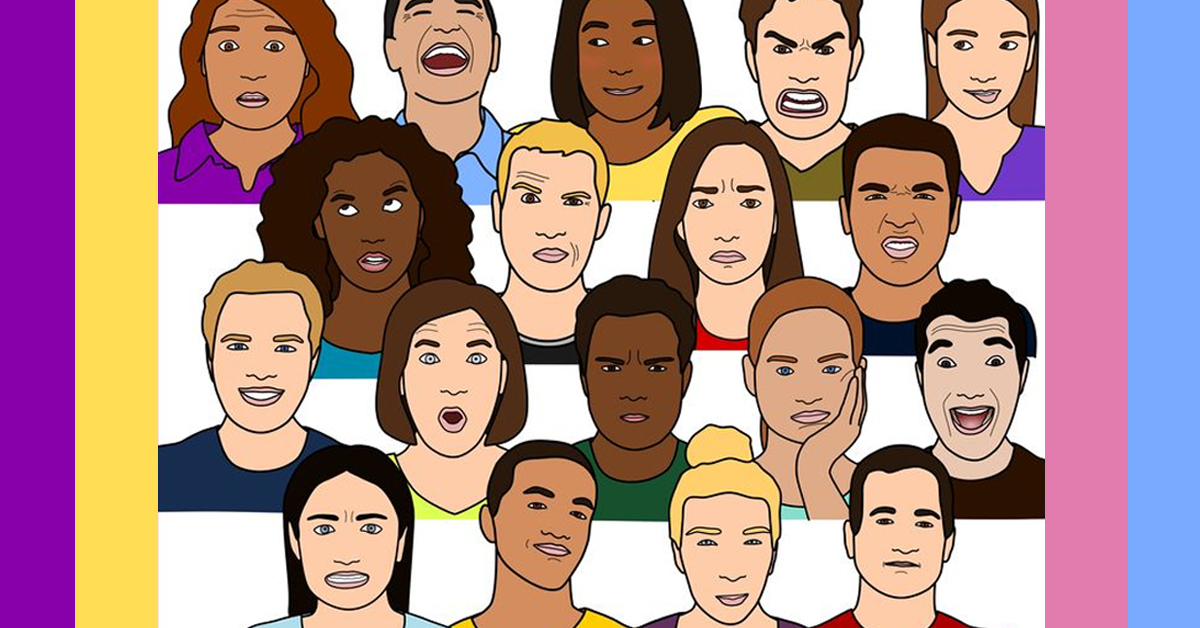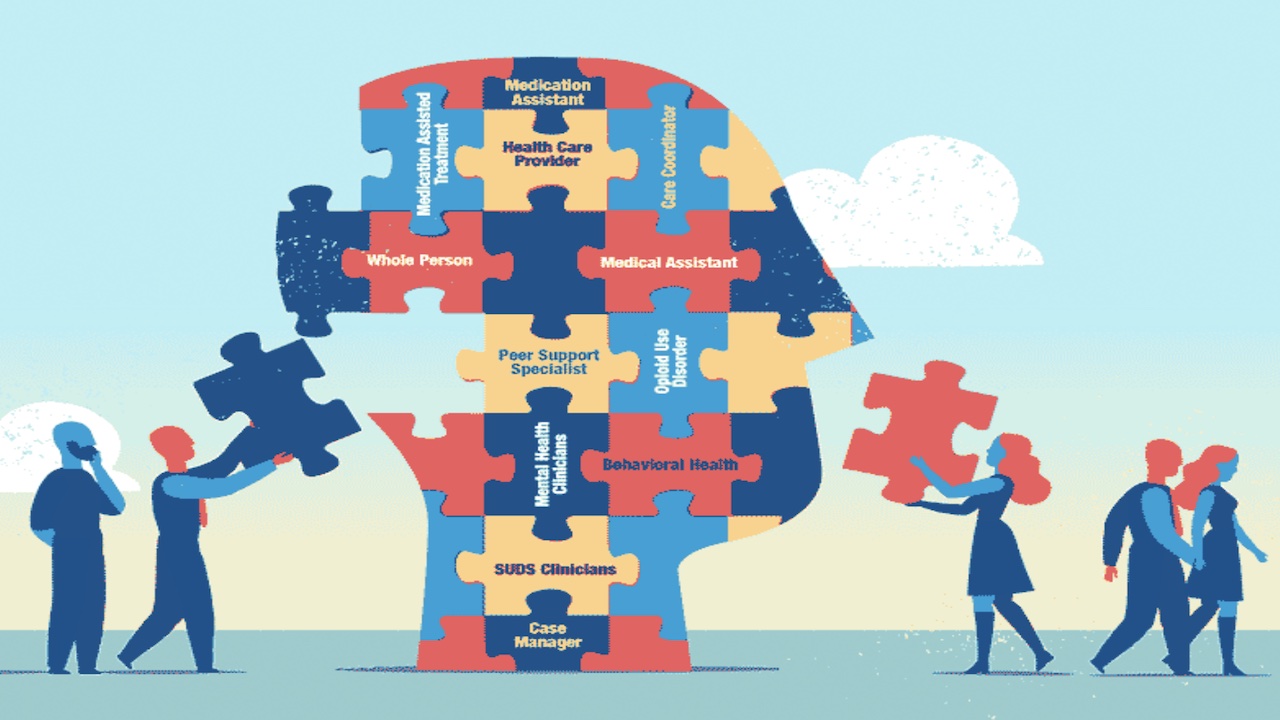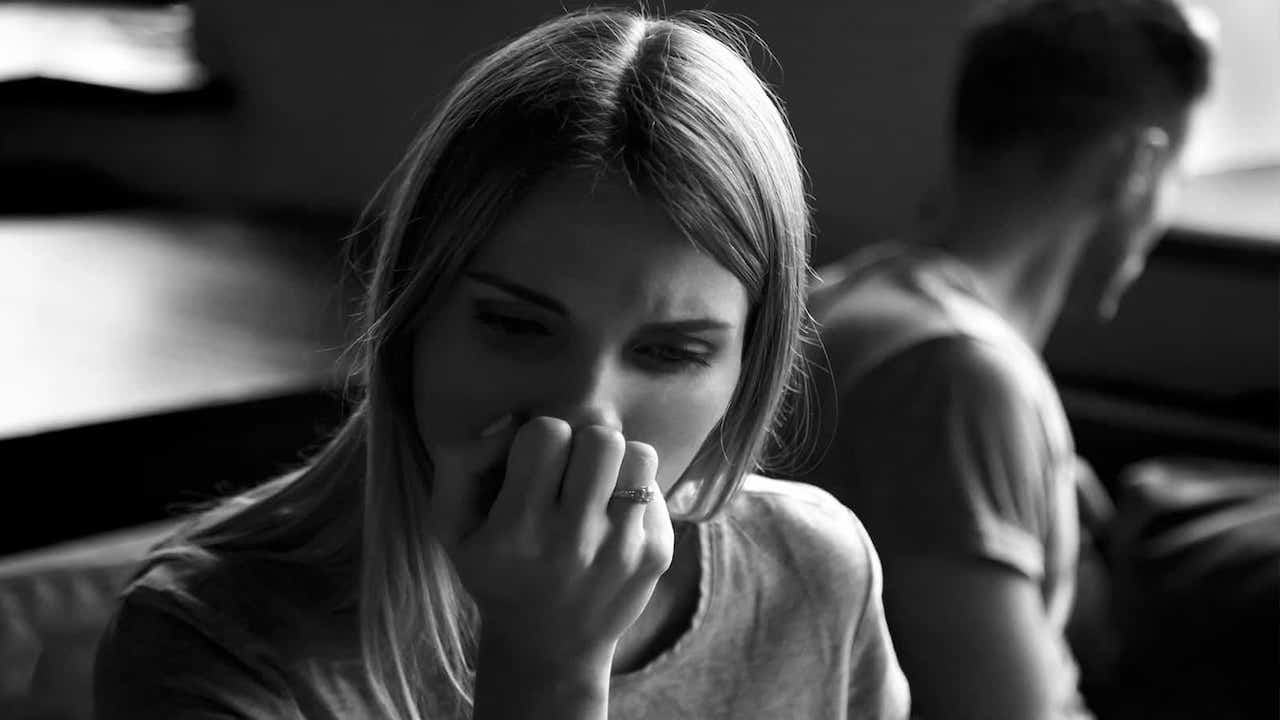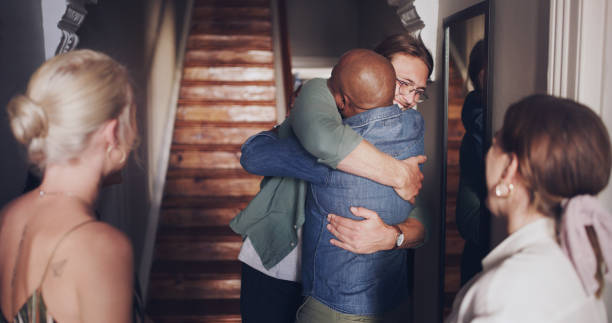Discussion Blog
Latest Discussion Blog Post

Emotions: Letting Them Flow Without Letting Them Float Us Away
It’s not healthy or effective to deny our emotions, but we can learn to harness and guide them.
Discussion Blog Posts
“We Are Absolutely the Worst People” in Her Life: When Mental Illness, SUD, and Blame Collide
Your CRAFT skills may be put to the test, but they’re still indispensable. Perhaps more than ever. At Allies in Recovery, we’re always impressed by the mutual support our members give each other—and wherever possible, we try to build on it. At the heart of this post is a conversation about how to take care of your emotions while staying connected with your Loved One (LO). It leads to a stark question many of us coping with SUD grapple with: how do you support a Loved One who blames, rages, and is verbally out of control? Laurie MacDougall tackles this vital, thorny issue.
Does This Level of Violence Rule Out CRAFT?
Nohp’s husband of 48 years is struggling with heavy alcohol use. Recently his behavior has become more alarming, and even violent. Now she’s staying outside their home, and wondering if that violence means the CRAFT approach isn’t right for their circumstances. Allies CEO Dominique Simon-Levine thinks it probably is. While underscoring that no one can decide for her, she advises Nohp to explore the skills training and support resources offered through Allies in Recovery. Quite simply, they work, and have a track record to prove it.
Please Help Me Improve What I Say to Her
Words matter so much — both the ones we speak or write, and the one we choose not to. Fletcher921’s daughter uses meth and opioids, and was recently suspended from her job. She showed her mother the suspension letter from her employer — an act of real trust. Her mother put effort and heart into her reply, but wants to do even better next time. Allies’ Laurie MacDougall reflects on how CRAFT could help in this effort, and the possible benefits for daughter and mother alike.
Don’t Give Up Too Soon On Medication-Assisted Treatment
Elaine’s son is struggling to quit opioids, but the path is hard. He’s had many rounds of detox, and is now trying to self-medicate. An initial attempt at Suboxone treatment made him feel emotionless and flat. But did it have to be that way? Allies’ CEO Dominique Simon-Levine reviews the challenges and great promise of Medication-Assisted Treatment (MAT). MAT therapies often come with a period of adjustment for our Loved One’s.
It Feels Like Nothing Works With Him
If we focus on what’s ours to control, change is possible all the same. CRAFT skills can help you get there. Elaine’s son is back in the hospital, in a routine that’s become all too familiar to his parents. They’ve tried to help in many ways, but the health crises and the drug use that leads to them don’t seem to be changing, and Elaine’s begun to doubt they ever will. Laurie MacDougall gently challenges this idea. While a Loved One’s life isn’t ours to change, our own words, feelings, and behavior are. Allies in Recovery is committed to helping us learn to take control of these, and thereby give our Loved Ones the most effective support we can.
Do I Want to Have Children With Him?
There’s nothing simple about such a question. But here are some pointers in the search for answers. Whits wants children and loves her partner. But is she prepared to raise children with someone who’s progress with his SUD is uncertain? No one, of course, can answer that for her. But if there is a way forward together, it will require compassionate communication, as well as boundaries and self-care. That’s where the CRAFT approach can be so powerfully helpful.
I Think I’m Ready to Ask Him to Leave – Even Though I’ve Been Doing CRAFT
An active Allies in Recovery member wrote in to our “Pose a Question” blog with an update about her partner who continues to use substances and to be emotionally volatile, despite having previously done a 30-day recovery program. While she says that participating in our Wednesday night support group with Kayla, along with other CRAFT resources on our site, has been “a huge help” with her own well-being, she still isn’t having success in engaging her loved one into treatment again. She asks: Has the time come to ask him to leave?
Resisting Treatment? He’s Not a Rare Case
Substance Abuse Disorder typically occurs in stages — and readiness to seek treatment is not the first of these. Fortunately, CRAFT was designed with such Loved Ones in mind. In the case of Artprodigy’s son, that readiness has yet to arrive. The good news is that we can learn to spot and encourage the motivation our Loved Ones need to embrace treatment and recovery. The CRAFT skills we teach at Allies are the foundation for this approach.
Will This Family Use CRAFT When Their Son Gets Out of Detox?
An Allies in Recovery member wrote in to our “Pose a Question” blog seeking guidance for handling her loved one’s upcoming release from detox. She’d like to help his parents implement CRAFT, but they aren’t in agreement about the approach. Can they come up with a neutral plan that everyone agrees on?
Home or Recovery House? It’s Not an Easy Call
An Allies in Recovery member is fortunate to have a loved one she feels perfectly safe with, but the stress of living with him post-rehab still feels overwhelming. What’s the best housing choice for their situation? Both living at home and living in a recovery house come with their own unique challenges. Either way, the best chance for success is to be as informed as possible.
He’s Relapsed After Three Sober Months, and We’re Worried
Despite the setbacks, there’s good signs aplenty for this member’s Loved One. When our Loved Ones’ solid progress gets interrupted by a lapse, it’s easy to feel crushed and discouraged. But we can’t let those feelings make us forget what’s going well.











